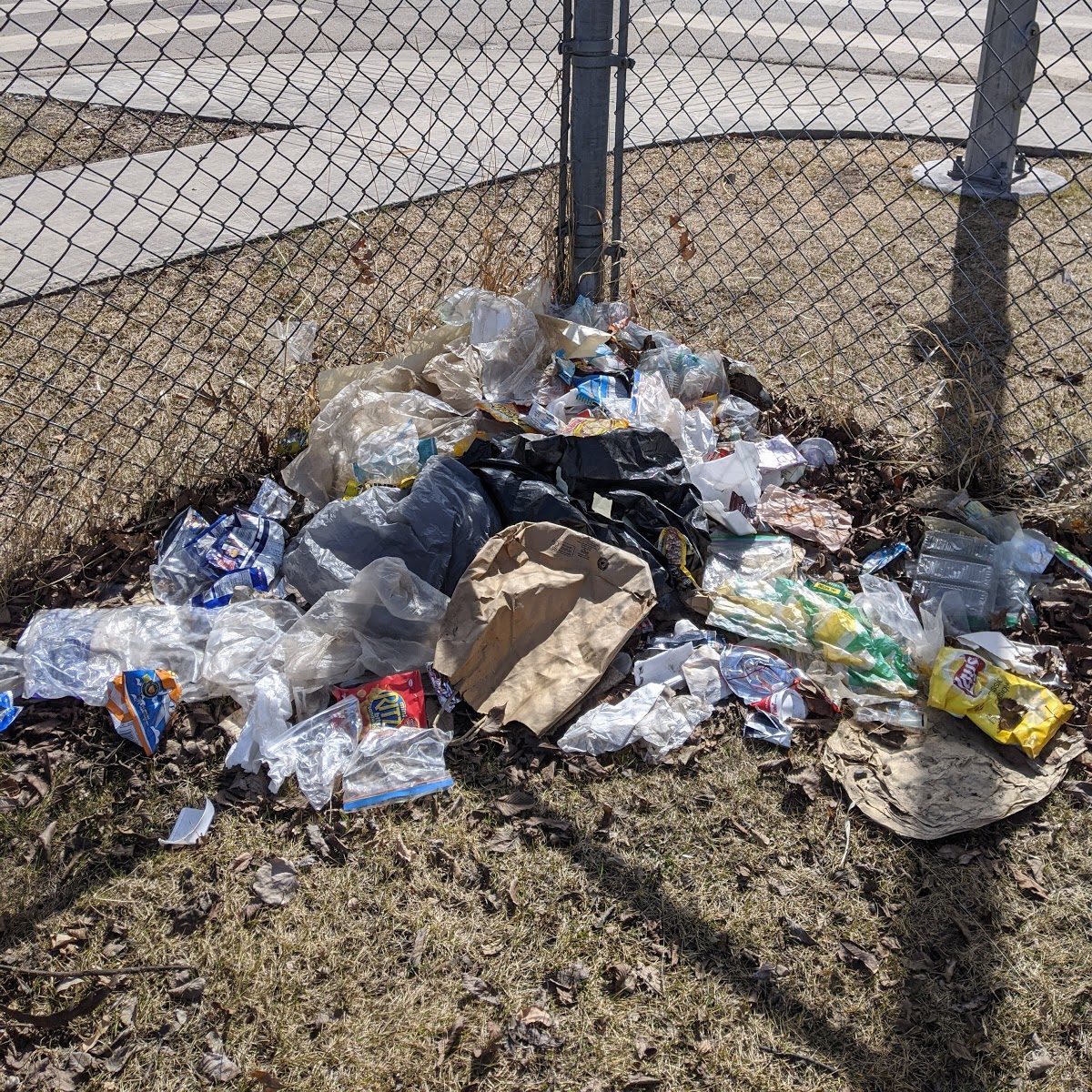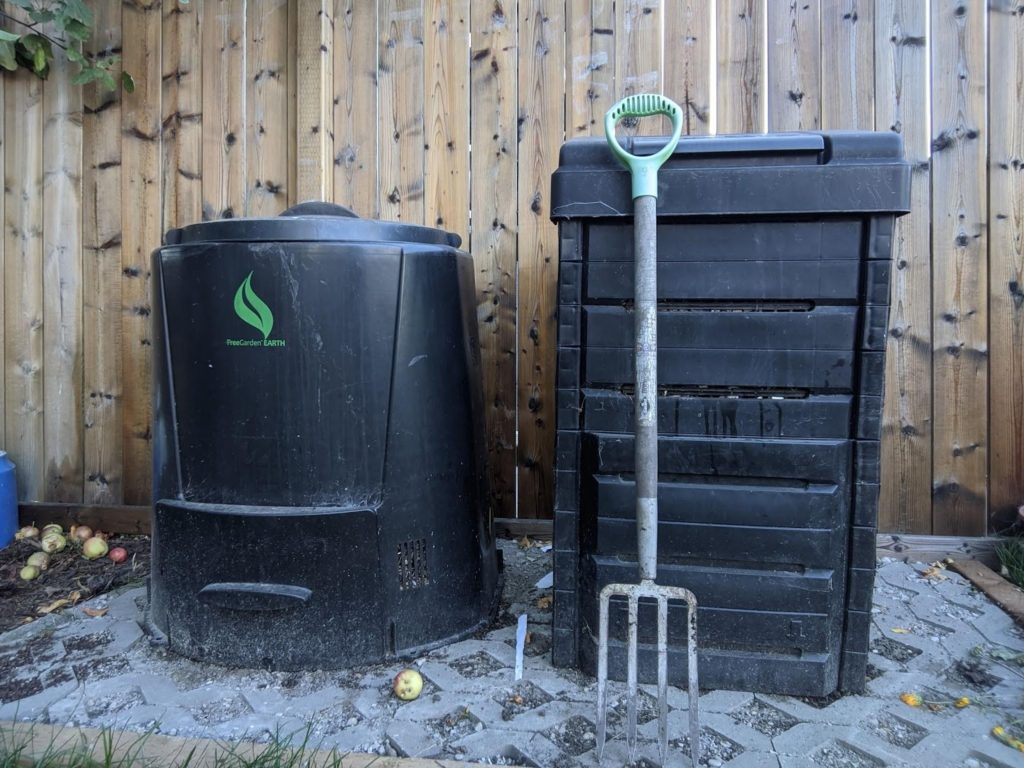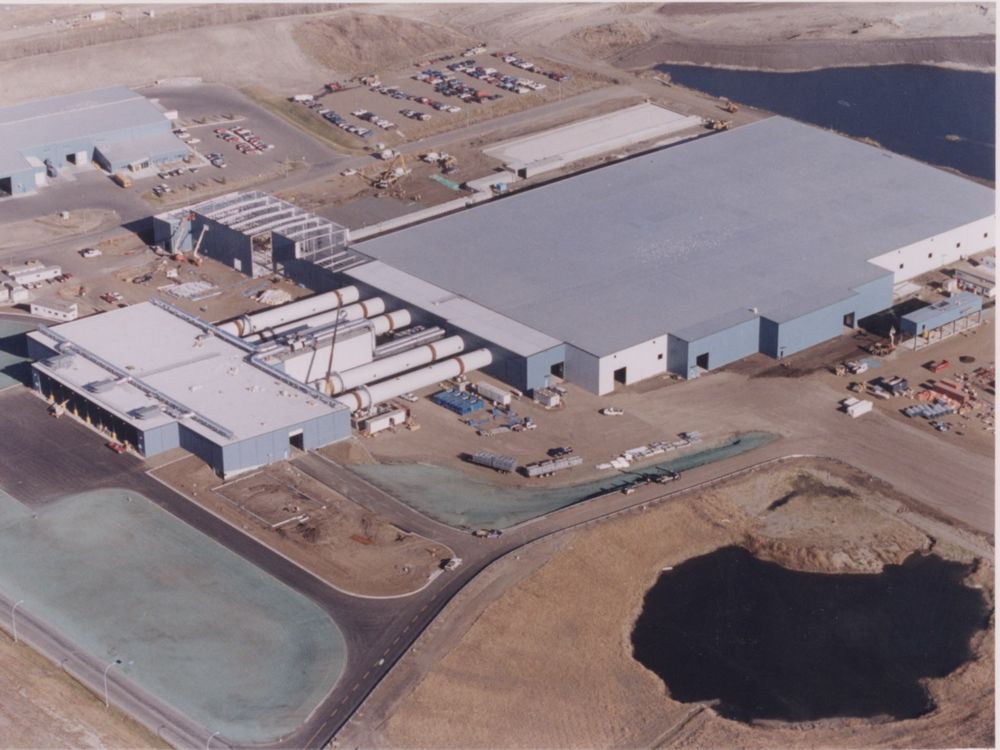
Waste Reduction Week is an annual initiative dedicated to learning about and then taking action toward waste reduction. With the recent news in Edmonton that our waste management facility is only recycling about 75% of the collected blue bag items – and sending the rest to landfill – waste reduction is becoming a more appealing option.
WASTE REDUCTION WEEK CANADA
October 19 to 25, 2020 is our time to celebrate all things waste reduction, and spread the good word about initiatives folks are taking in their communities across Canada. While this week was officially started in 2001 by the Recycling Council of Ontario, many cities and provinces have been hosting their own waste reduction awareness initiatives since the 1980s. Closer to home, the Recycling Council of Alberta is presenting events across the province.
THEME DAYS
Waste Reduction Week is structured into 7 themes, with one to focus on each day. As with many waste free initiatives, you might have a lot of knowledge or interest in one area, and less in another. This structure gives everyone an opportunity to learn about something new or work towards a deeper commitment. All activism and organizing is more manageable when broken down into smaller steps, and waste reduction is no different.
The themes are as follows:
- Monday – Circular Economy
- Tuesday – Textiles
- Wednesday – E-Waste
- Thursday – Plastic
- Friday – Food waste
- Saturday – Sharing economy
- Sunday – Swap and repair
For detailed information on each theme, and more resources, visit the Waste Reduction Week site here.
HOW TO CELEBRATE
With the seven themes, and various events and programming set for each day, there are a lot of different ways you can “celebrate” Waste Reduction Week and take action. If you are already doing some waste reduction in your household, pick a theme you are less familiar with. And if you’re very confident in your current actions, perhaps take this time to inspire others. We recommend chatting with your friends and family to find an activity you can do together. If you’re motivated, perhaps contact your community league, local politician, or your workplace to try to implement larger changes. Regardless of what you choose, choose something! We’ve compiled some activities for you, ranging from low effort to truly changemaking. It’s easy to stay at home and stay safe, too; you won’t have to compromise your cohort to take part!
With some online webinars on the list, you won’t have to compromise your cohort to take part!
LOW EFFORT
Watch a documentary with a waste reduction theme. Some Waste Free Edmonton favourites are The Story of Plastic and Wasted! The Story of Food Waste. Canadian documentaries are also available for viewing.
Take part in The Alberta Leftovers Challenge on October 21. Post a photo on social and tag friends, family, local politicians and ask them how they prevent food waste.
MEDIUM EFFORT
Pack yourself – or your kid – a plastic-free lunch.
Sign up on the Share Waste app and make a compost delivery this week.
Take the City of Edmonton Waste Reduction Roadmap survey this week, and then share the link with your friends, family, and coworkers!
MOST EFFORT
Host a waste collection drive – Canada generated 638,300 tonnes of “e-scrap” in 2017 – or a clothing swap – approximately 9% of the average black cart materials collected by Strathcona County are reusable or recyclable textiles – in your community.
Do a trash and recycle bin audit, and then commit to making one item swap using the audit as your guide.

ENVIRONMENTAL JUSTICE
As with any waste reduction lifestyle change, we are ultimately looking for systemic change as well. Waste Reduction Week’s mission is to empower all Canadians to adopt more environmentally conscious choices. But unfortunately we know that not everyone has equal access to those choices. Ultimately, it is the systemic change that is needed to permanently turn the tide on climate change. Talking to your workplace about making changes, helping folks in your community take their bulky and hazardous waste to the Eco Station, and packing plastic free lunches are very important. Communication and inspiration go a long way. We can take those actions a step further by joining or organizing an advocacy group to present a waste reduction recommendation to your City Council. More and more people are turning to their community leagues to help form a community-wide waste reduction strategy. Another important aspect of environmental justice is using your skills and platform – whatever that looks like – to amplify the voices of many Indigenous individuals, groups and Nations already doing this work.
Waste Reduction Week is a great place to start your journey, learn more about waste reduction in general, and then use as a springboard to achieve the systemic change needed to make a difference in our world.
RESOURCES
Recycling Council of Alberta – WRW
Strathcona County Waste Reduction Week





